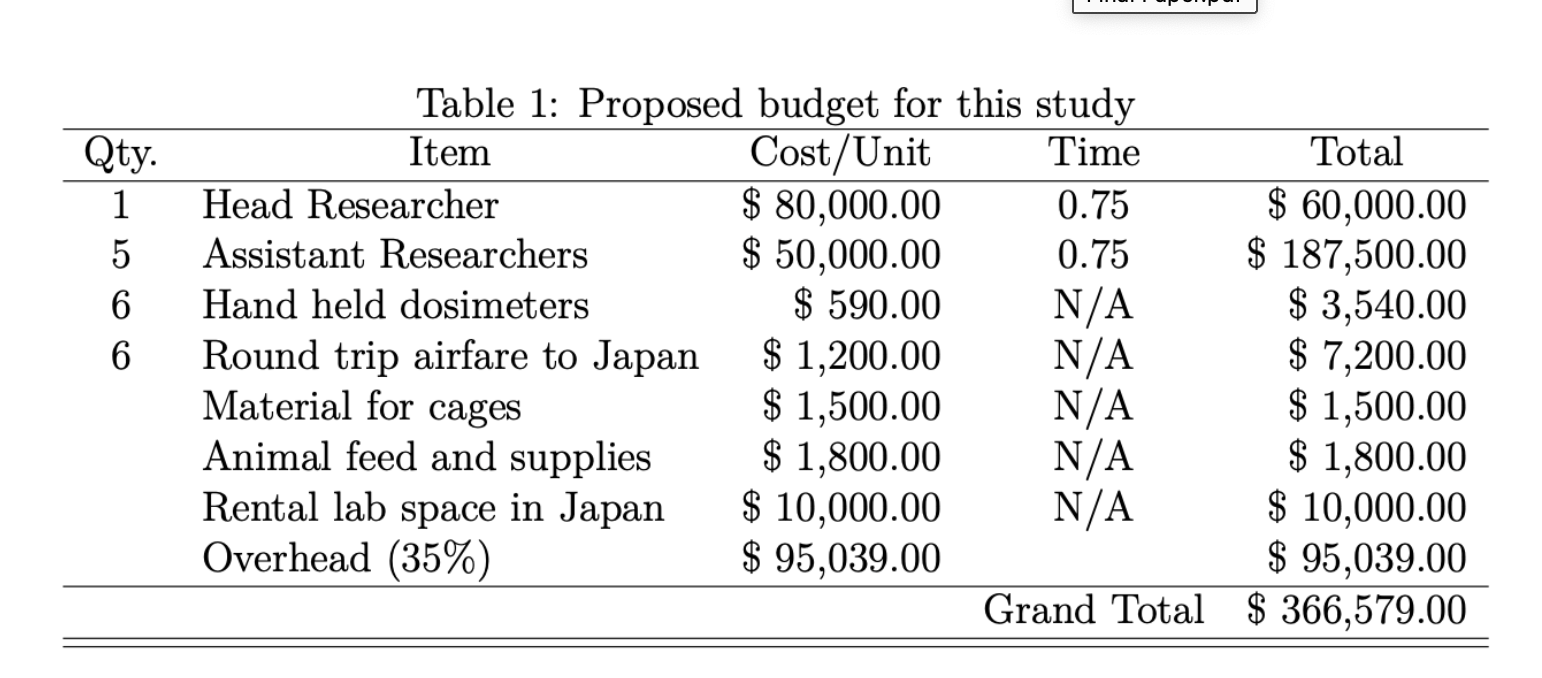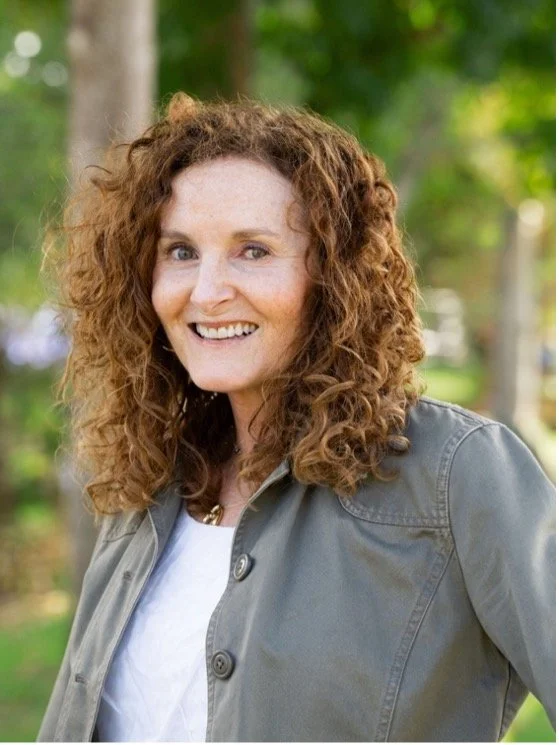Over the past year and a half, we have written to every college and university to which our son has applied, asking about their policies on pesticide use in dorms, in classrooms, and on lawns. It is worth asking. The great majority of Universities do apply toxic chemicals to lawns and routinely spray pesticides in dorm rooms. They take these chances with students' health and increase their body burden because it is easier to spray pyrethroids indoors or 2, 4-D outdoors than it is to use heat treatment for bedbugs, boric acid bait traps for indoor pests, and organic amendments for lawns. We thought we had found the perfect school for us: Edgewood College in Madison, WI. Now we are aware of few universities that are as good as Benedictine, most notably, Harvard. All parents need to speak up and let administrators know that our children's health is much more important to us than an unmarred swath of green lawn. The American Academy of Pediatrics, The President's Cancer Panel, Midwest Pesticide Action Center, and many other non-profits all make clear that we must speak up to protect our children because US regulations fall far short of doing so.
One Worried Parent:
Dear President Flanagan--
I am the parent of a new student at Edgewood College, and I am not as happy about it now as I expected to be before our Admissions date. You may not hear that very often because the professors were impressive, the staff friendly, and the Dean I met extraordinarily responsive. The reason may seem small, but it is very important to us, and can be easily changed for the better, so that is why I am contacting you: it does require leadership from the top.
One of the main reasons we chose Edgewood, almost the only reason it first caught our attention, was its commitment to sustainability, and more particularly its avoidance of lawn chemicals. I first contacted Susan Serrault in January of 2014, as we did all schools to which my son was applying, to ask about pesticide use on campus. We were thrilled to hear that nothing was used on lawns, and that they were willing to pilot non-toxics in the residence halls. She and Jim Lorman met with us personally then, and they assured us that our son would not be exposed to pesticides. We have continued to communicate over that time period, particularly commending Edgewood's enlightened policies.
The reason this matters to us so much is that our first-born child, Katherine, died of leukemia we have every reason to believe was caused by mosquito spraying without our knowledge or permission. The American Academy of Pediatrics recently issued a statement on pesticides that is conclusive in its condemnation of their widespread use:
Chronic toxicity end points identified in epidemiologic studies include adverse birth outcomes including preterm birth, low birth weight, and congenital anomalies, pediatric cancers, neurobehavioral and cognitive deficits, and asthma. These are reviewed in the accompanying technical report. The evidence base is most robust for associations to pediatric cancer and adverse neurodevelopment. Multiple case-control studies and evidence reviews support a role for insecticides in risk of brain tumors and acute lymphocytic leukemia. Prospective contemporary birth cohort studies in the United States link early-life exposure to organophosphate insecticides with reductions in IQ and abnormal behaviors associated with attention-deficit/hyperactivity disorder and autism.
The highly credible President's Cancer Panel is equally vocal in condemning widespread use of pesticides, attributing much of the skyrocketing cancer rates to these unwitting exposures:
The entire U.S. population is exposed on a daily basis to numerous agricultural chemicals, some of which also are used in residential and commercial landscaping. Many of these chemicals have known or suspected carcinogenic or endocrine-disrupting properties. Pesticides (insecticides, herbicides, and fungicides) approved for use by the U.S. Environmental Protection Agency (EPA) contain nearly 900 active ingredients, many of which are toxic. Many of the solvents, fillers, and other chemicals listed as inert ingredients on pesticide labels also are toxic, but are not required to be tested for their potential to cause chronic diseases such as cancer.
We were shocked, therefore, to arrive on campus this summer and see signs that the lawns had just been treated. We know you must get complaints about the appearance of dandelions, but the solution is not to spray poisons across campus; it is to advertise the virtues of organic lawn care more widely. The Chicago Park District did this beginning in 2009, and received very few complaints because signs educated visitors that it was for their health and welfare. Now you will know that at least some people prefer dandelions to toxic chemicals, and we likely feel more strongly about it because the evidence and risk-benefit calculations are with us.
I am a professor at Benedictine University in Lisle, Illinois, and recently headed up efforts to make the switch to organic lawns. There may be some challenges, but Harvard and others have excellent organic lawn-care programs for others to imitate. I hope you will agree that it is not in keeping with the Catholic values of stewardship and sanctity of life to broadcast acknowledged poisons where so many people live and work. It is also not in keeping with Pope Francis's recent Encyclical Laudato Si'. Quoting Patriarch Bartholomew, he says “For human beings… to destroy the biological diversity of God’s creation;... for human beings to contaminate the earth’s waters, its land, its air, and its life – these are sins”.[15] For “to commit a crime against the natural world is a sin against ourselves and a sin against God” [16] (Francis 2015, 8). In his own words, Pope Francis indicts chemical contamination of this sort: "Industrial waste and chemical products utilized in cities and agricultural areas can lead to bioaccumulation in the organisms of the local population, even when levels of toxins in those places are low. Frequently no measures are taken until after people’s health has been irreversibly affected" (21).
In part because of my daughter's death, I have shifted my teaching and research interests to environmental public health and would be happy to share resources, to provide more information, or to meet with you. We obviously still think Edgewood is a great place, or we would not be sending our beloved surviving child there. But we think it could be even better with a stronger commitment to both sustainability and human health. I urge you to forgo pesticide applications at Edgewood College in coming years.
Thank you! Jean-Marie Kauth, PhD 1-630-393-0416 jkauth@ben.edu
Resources:
AAP
http://pediatrics.aappublications.org/content/130/6/e1757.full
President’s Cancer Panel
http://deainfo.nci.nih.gov/advisory/pcp/pcp08-09rpt/PCP_Report_08-09_508.pdf
Midwest Pesticide Action Center
http://midwestpesticideaction.org/
Pope Francis, Laudato Si' http://w2.vatican.va/content/francesco/en/encyclicals/documents/papa-francesco_20150524_enciclica-laudato-si.html
President’s Cancer Panel
http://deainfo.nci.nih.gov/advisory/pcp/pcp.htm
CDC Biomonitoring Project
http://www.cdc.gov/exposurereport/
EPA
http://www.epa.gov/enviro/html/emci/chemref/
Environmental Working Group’s “Ten Americans”
http://www.ewg.org/kid-safe-chemicals-act-blog/kid-safe-chemicals-act-10-americans-video/
Chicago Park District http://midwestpesticideaction.org/what-we-do/maintaining-healthy-parks/












